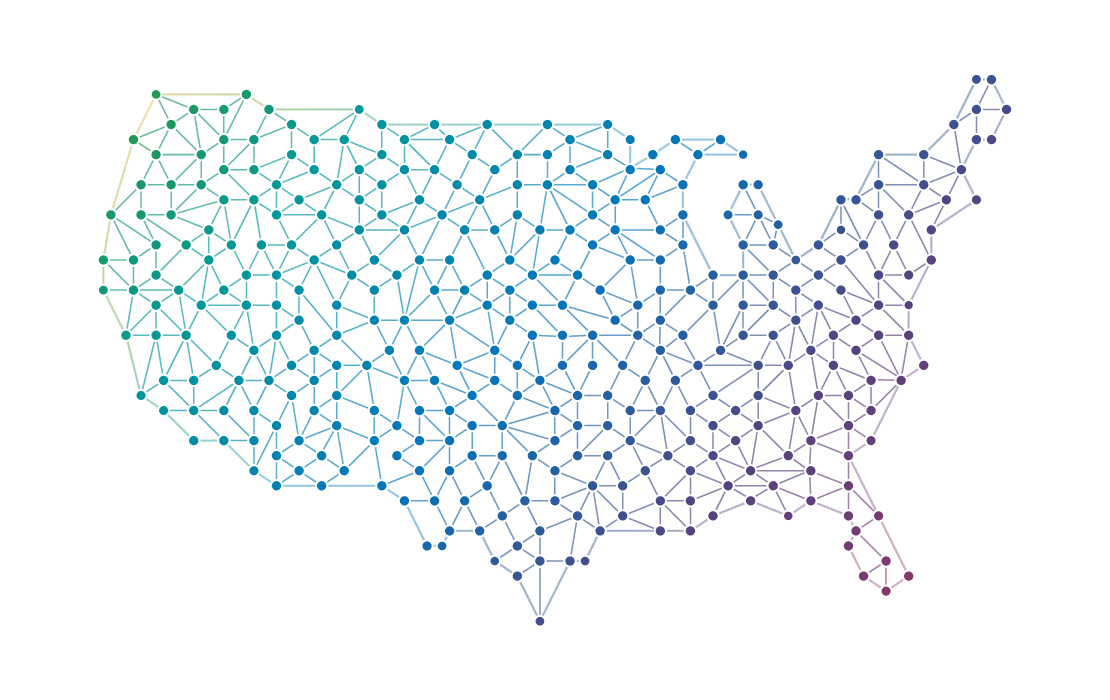Dental Hygienist
Watch and learn
Explore our curated selection of videos below to learn more about dental hygienist careers.
Now Playing:
Find a Commission on Dental Accreditation (CODA) accredited program to start your journey of becoming a dental hygienist. Access this page to learn about the types of programs accredited by CODA and search for the program that’s right for you.
Dental Hygienist Careers Explained
In collaboration with the ADA, Teeth Talk Girl breaks down the schooling, skills, salary, and life as a dental hygienist.
- Performs patient screening procedures, including x-rays
- Teaches patients how to practice good oral hygiene
- Applies preventive materials such as fluoride and sealants to the teeth
- Counsels patients regarding good nutrition and its impact on oral health
- Removes calculus and plaque (hard and soft deposits) from the teeth
Personal satisfaction: One of the most enjoyable aspects of a career in dental hygiene is working with people. Personal fulfillment comes from providing a valuable health care service while establishing trusting relationships with patients.
Prestige: As a result of their education and clinical training in a highly skilled discipline, dental hygienists are respected as valued members of the oral health care team.
Variety: Dental hygienists use a variety of interpersonal and clinical skills to meet the oral health needs of many different patients each day. Hygienists have opportunities to help special population groups such as children, the elderly and the disabled. They may also provide oral health instruction in primary and secondary schools and other settings.
Creativity: Because dental hygienists interact with such diverse population groups, they must be creative in their approach to patient management and oral health education.
Flexibility: Full-time and part-time employment options and the availability of evening and weekend hours enable dental hygienists to balance their career and lifestyle needs. Hygienists also have opportunities to work in a wide variety of settings, including private dental practices, educational and community institutions, research teams and large group practices.
Security: Dental hygiene is projected to be one of the 30 fastest growing occupations in future years. Due to the success of preventive dentistry in reducing the incidence of oral disease, the expanding older population will retain their teeth longer, and will be even more aware of the importance of regular dental care. With the emphasis on preventive care, dentists will need to employ more dental hygienists than ever before to meet the increased demand for dental services.
Opportunities for non-traditional students: If you’ve been out of school for a while but are seeking a career change, dental hygiene may be an excellent choice for you. Online learning and flexible scheduling will benefit students with family responsibilities as well as those who are working while they learn.
There are more than 300 accredited dental hygiene education programs in community colleges, technical colleges, dental schools and universities across the U.S. Most associate degree programs take at least two years to complete. Some universities offer four-year baccalaureate programs. Innovative training methods include distance learning and institution-based, didactic coursework combined with community experience.
You will receive hands-on clinical instruction in the form of supervised patient care experiences. Dental hygiene programs may also include courses in liberal arts (for example, English, speech, sociology and psychology); basic sciences (anatomy, physiology, pharmacology, immunology, chemistry, microbiology or pathology); and clinical sciences (dental hygiene, radiology and dental materials).
After completing your dental hygiene education, you may choose to seek additional training in areas such as education, business administration, basic sciences, marketing and public health.
When your coursework is complete, you can become a registered dental hygienist (RDH) by passing the National Board Dental Hygiene Examination (a written test) and the authorized licensure exam in your state.
Dental hygienist career resources
The ADA works together with state and local dental societies to provide resources to support practices. Access the full collection of state societies to learn more about dentistry in your state.

